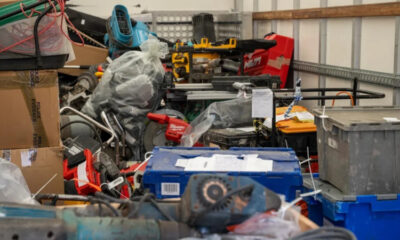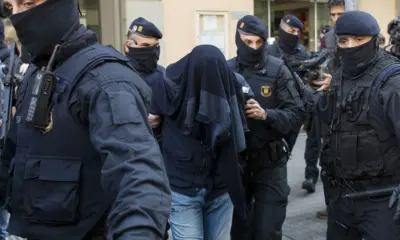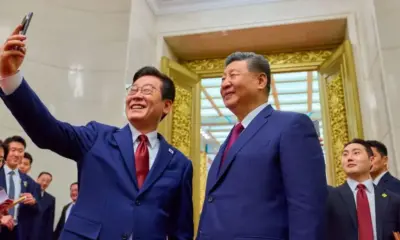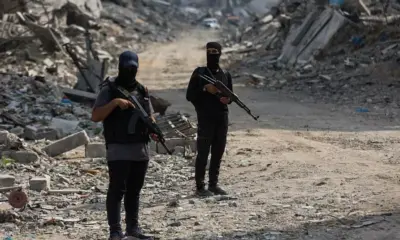News
Ecuador Rejects Return of Foreign Military Bases, Delivering Major Setback to US and President Noboa
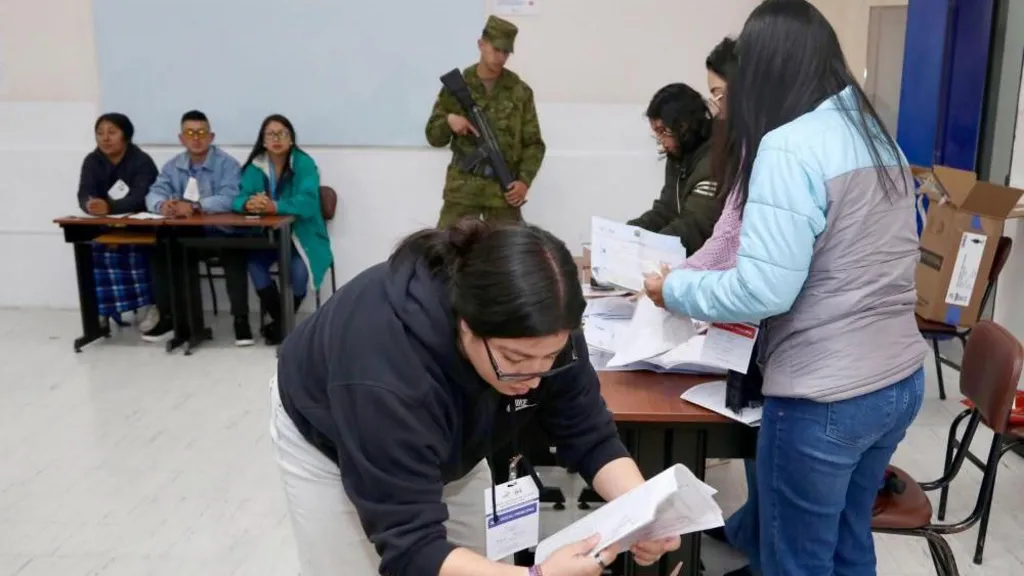
Voters in Ecuador have decisively rejected a proposal to allow foreign military bases back into the country, dealing a significant blow to President Daniel Noboa and frustrating United States hopes of expanding its security presence in the eastern Pacific. The referendum result reaffirms Ecuador’s long standing ban on foreign bases, first introduced in two thousand eight.
President Noboa had urged voters to support lifting the ban, arguing that restoring a foreign military presence would help Ecuador combat organised crime and curb the surge in violence that has made the country one of the world’s most active drug trafficking hubs. While Ecuador does not produce cocaine, its strategic location near Colombia and Peru, combined with major shipping ports, has made it a lucrative transit point for international drug cartels. Noboa has said that about seventy per cent of the world’s cocaine now passes through Ecuador.
The United States had quietly supported the referendum, hoping it would clear the way to re establishing a military facility on Ecuador’s Pacific coast, sixteen years after Washington was forced to shut its operations there. The earlier closure followed a decision by former president Rafael Correa, who refused to renew the base’s lease and pushed for a constitutional ban on foreign troops.
Noboa has made his tough security stance central to his presidency, deploying armed soldiers on streets and insisting that Ecuador is fighting what he describes as a war against criminal organisations. Supporters say these measures have helped stabilise some regions, while critics argue that his approach has relied on heavy handed tactics and echoes authoritarian tendencies. Some also voiced concern that allowing foreign armies into Ecuador would erode national sovereignty.
During the referendum campaign, United States Homeland Security Secretary Kristi Noem toured military sites alongside Noboa, reinforcing Washington’s support for stronger bilateral cooperation. Noboa told the BBC earlier this year that he welcomed foreign forces to assist Ecuador’s security efforts and was in talks with the United States on broader regional cooperation, including migration and border control.
Sunday’s referendum also saw voters reject several other constitutional reforms. These included proposals to end public funding for political parties, shrink the size of Congress and create a constitutional assembly to rewrite the national charter. Noboa argued the changes would strengthen security and improve governance, but critics warned that reducing representation and oversight could weaken democratic checks and disproportionately harm poorer communities.
Following the vote, Noboa said he respected the results. The day of the referendum also saw the dramatic arrest of Wilmer Pipo Chavarria, leader of the Los Lobos cartel, in a joint operation with Spanish authorities. Chavarria had faked his death and was directing criminal operations from Europe, according to Noboa.
The referendum took place against the backdrop of a major United States military buildup in the Caribbean and eastern Pacific, where Washington has carried out more than twenty strikes on suspected drug trafficking vessels. The escalation has fuelled speculation that the United States may expand operations to land targets in Venezuela, a claim Washington has not confirmed. The United States alleges that Venezuelan President Nicolas Maduro leads a narco trafficking network, an accusation he strongly denies.

